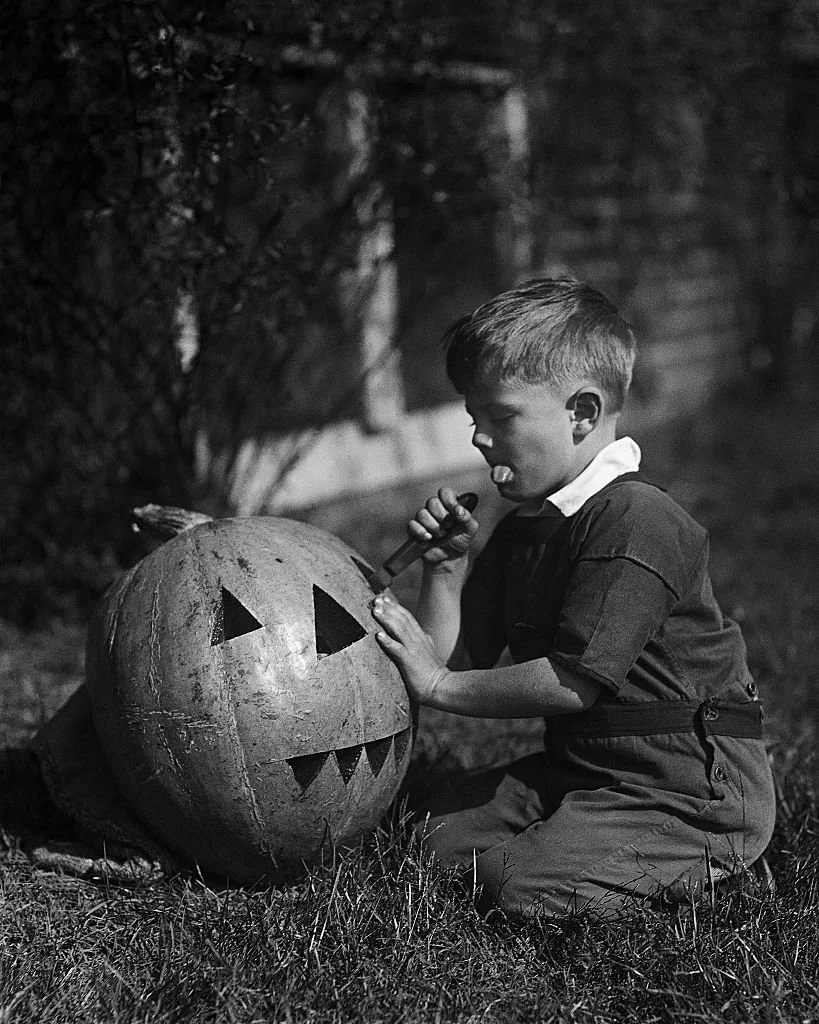Paganism
As we are approaching various holiday seasons I want to enlighten you on the origin behind some of these holidays. The behaviors that we practice are rooted in our beliefs and in our traditions. When I became older and transitioned into adulthood I carried on with the traditions and trends that I saw my parents, family and others from my community partake in. All of my influencers were not good. As I got older and as I began to learn things for myself I realized that some of the things I believed and practice were not all Godly and accurate. I went through unnecessary hardships because I did not know better. My goal is to break generational curses and setbacks that was passed down from my bloodline. These are some Pagan holidays that goes against Christianity.
Pagan" was a Latin term for rural inhabitants or those outside the Christian faith. Early Christians used it to describe the polytheistic and ethnic religions of the Roman Empire and beyond, such as Greco-Roman, Germanic, and Egyptian faiths.
Day of the Dead is celebrated to honor and remember deceased loved ones by welcoming their spirits back for a temporary reunion with the living. Families create altars called ofrendas with offerings of their loved ones' favorite foods, drinks, and photos, and visit cemeteries to clean and decorate graves. This celebration is a festive and joyous commemoration of life, not a time for mourning. Dates and origins: Celebrated on November 1 and 2, the holiday originated from ancient Mesoamerican traditions and was later blended with Catholic holidays like All Saints' Day and All Souls' Day, notes Oprah Daily and Speaking Latino.
Symbol of fertility and new life: Eggs have been symbols of new life and fertility in many ancient cultures, celebrating the arrival of spring.
Ritualistic use: Some pagan traditions used decorated eggs as part of rituals, sometimes with elaborate designs, to encourage fertility and abundance.
Connection to spring goddesses: Some sources suggest a connection to pagan spring goddesses, though the evidence is often debated.
Christmas is a Christian holiday with some practices that have pagan origins, as the celebration was established on a date that coincided with or was influenced by pagan festivals like the Roman Saturnalia and Sol Invictus. Many traditions, such as feasting, gift-giving, and using evergreen trees, have roots in these older festivals. Pagan influences on Christmas traditions
Saturnalia: The Roman festival honoring the god Saturn involved feasting, drinking, gift-giving, and general revelry, much like modern Christmas celebrations.
Sol Invictus: Emperor Aurelian established a festival for the unconquered sun on December 25th, a date that was chosen for Christmas to coincide with this existing celebration.
Yule: Some traditions, particularly in Germanic cultures, have ties to Yule, a festival that celebrated the winter solstice and involved toasts to gods and ancestors.
Evergreen trees and wreaths: Evergreens were used in various pagan cultures as a symbol of life and rebirth during the winter, and later became incorporated into Christian celebrations.
Valentine's Day is widely believed to have pagan origins in the Roman festival of Lupercalia, a fertility celebration held in mid-February. The holiday was later linked to the Christian martyr Saint Valentine after the Roman Empire became Christian, with Pope Gelasius I declaring February 14th a feast day to honor him and replace the pagan rite
Halloween originated from the ancient Celtic festival of Samhain, celebrated over 2,000 years ago to mark the end of harvest and the start of winter. The Celts believed the veil between the living and the dead was thinnest during Samhain, and spirits would roam the earth. To ward off evil spirits, they wore costumes and lit bonfires. In the 8th century, Pope Gregory III designated November 1st as a day to honor saints, and All Saints Day incorporated some Samhain traditions.
Carving pumpkins also has Celtic roots. Back in the day, Irish people would sketch scary faces onto turnips or potatoes and place them near doorways and windows to ward off wandering spirits. One of those spirits is known as “Stingy Jack,” a man who outsmarts the Devil and avoids Hell but wanders the Earth. In time, when the Irish brought this tradition with them to America, they found that pumpkins, a fruit native to America, made for even better Jack-o'-lanterns.
These are a few Pagan Holidays that many are celebrating. Some may not fully understand the origin behind these holidays. Christmas, Valentines and Halloween are very inviting holidays because of the gifts, treats and decorations. These are also large money making holidays due to advertisement. Some of these traditions are passed down from history and multiple generations..Schools are introducing and teaching children how to celebrate and worship deities.Children are watching tv shows and reading books that spark their curiosity. What are your thoughts about this topic? Feel free to share and leave a comment.
Thanks for stopping by while you are here read the other stories on the site. Come back and visit for more lifestyle tips and topics
Bloggingwithapril 🫶🏽








